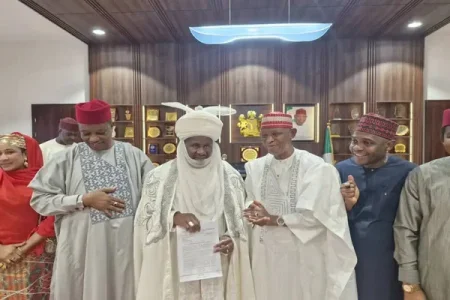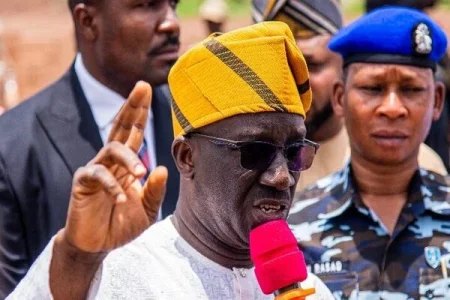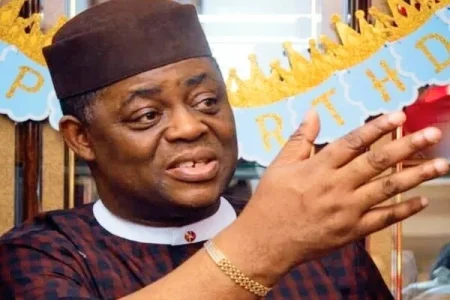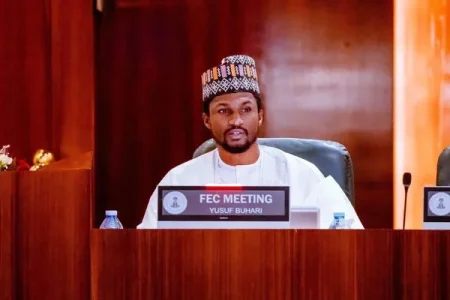
Kano State Governor Abba Yusuf reinstates Emir of Gaya and appoints new emirs for Rano and Karaye as second-class emirates. This restructuring aims to balance traditional leadership with modern governance, potentially impacting local politics and regional cultural preservation.
Kano State Governor Abba Yusuf has made significant changes to the emirate system, reinstating the Emir of Gaya and appointing two new second-class emirs for Rano and Karaye. This move comes after the governor signed a law establishing three second-class emirates in the state earlier this week.
Alhaji Aliyu Abdulkadir Gaya has been reinstated as the Emir of Gaya. At the same time, Alhaji Muhammad Karaye and Alhaji Muhammad Umar have been appointed as the Emirs of Karaye and Rano respectively. These appointments are part of a broader restructuring of the traditional leadership system in Kano State.
Governor Yusuf emphasized that these new emirates will serve as second-class entities, with Kano maintaining its status as a first-class emirate. The governor's spokesperson, Sanusi Tofa, stated that Yusuf has called on the newly appointed emirs to act as custodians of culture, peace, and unity within their respective domains.
The reorganization of the emirate system in Kano State reflects a significant shift in local governance and traditional power structures. Each of the new emirates covers specific local government areas: Rano Emirate encompasses Rano, Kibiya, and Bunkure; Gaya Emirate includes Gaya, Ajingi, and Albasu; while Karaye Emirate covers Karaye and Rogo.
This restructuring of the emirate system is likely to have far-reaching implications for local politics, cultural preservation, and community leadership in Kano State. It represents a balance between maintaining traditional institutions and adapting them to modern governance needs.
As the new emirs assume their roles, observers will be watching closely to see how these changes impact the relationship between the state government and traditional rulers, as well as their effect on the daily lives of Kano residents.




